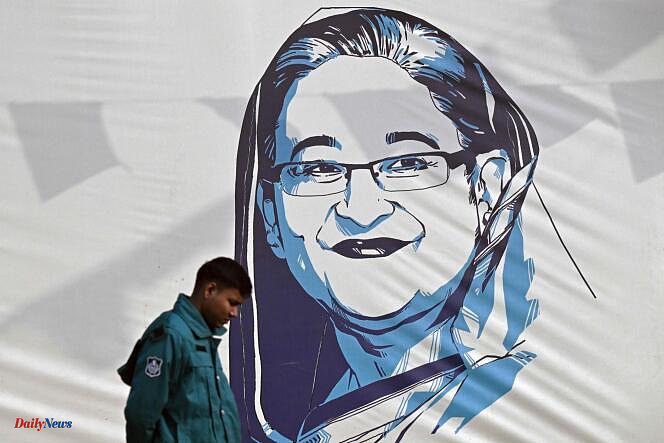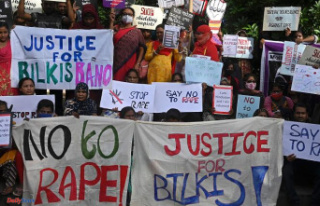As early results suggested, Bangladesh Prime Minister Sheikh Hasina officially won a fifth term. His party, in fact, obtained more than three-quarters of the seats in the legislative elections on Sunday, the country's electoral commission confirmed on Monday, January 8.
“The Awami League [of Bangladesh, BAL] won the election,” said Moniruzzaman Talukder, deputy secretary of the commission, the day after the vote. He told Agence France-Presse that the latter had won 223 seats out of the 300 in the unicameral Parliament.
According to the first figures, the participation rate would be low, around 40%. The vote was boycotted by the main opposition party, the Bangladesh Nationalist Party (BNP), which denounced a "sham election", as well as other parties, decimated like it in recent months by a wave of protests. mass arrests.
If the head of government, in power since 2009, has to her credit for having promoted the country's meteoric economic growth, her government is accused of serious human rights violations and of having carried out ruthless repression against the opposition.
Meenakshi Ganguly of Human Rights Watch said Sunday that the government had failed to reassure opposition supporters that the vote was fair, warning that "many fear further repression."
The leader of the BNP, Tarique Rahman, denounced possible ballot stuffing. “What took place is not an election, but rather a shame for the democratic aspirations of Bangladesh,” he said on social networks from London, where he has lived in exile since 2008, adding that he had seen “ disturbing photos and videos” supporting his accusations.
The Bangladesh Awami League had virtually no opponents in the constituencies it contested. But it had failed to present candidates in a few others, apparently to avoid the unicameral Parliament being seen as the instrument of a single party.












